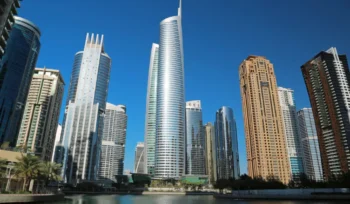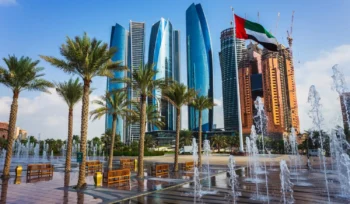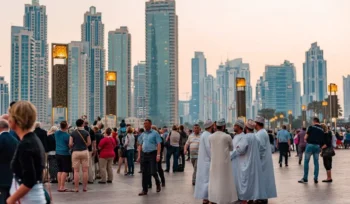-
Overview of UAE Accounting & Tax | BIZ EAZY
April 22, 2025 -
Private: BIZ EASY concluded a distributor agreement with Sansan.
April 22, 2025 -
Start entrepreneurship in Dubai, UAE with an IT software and actual service business.
April 15, 2025 -
Which freezone is the best fit for incorporating your company in the UAE?
February 23, 2025 -
New Business Regulations in the UAE: Navigating a Dynamic Landscape
February 22, 2025 -
Top Investment Opportunities in Dubai
February 22, 2025 -
How to Navigate UAE’s Licensing Procedures
February 22, 2025 -
What you need to know to set up a company in Abu Dhabi
February 21, 2025 -
UAE Corporate Tax - Tips for companies in UAE –
February 21, 2025 -
UAE Corporate Tax - Permanent Establishment (PE) and Transfer Pricing(TP) Tax Rules –
February 21, 2025
- 1
- 2







